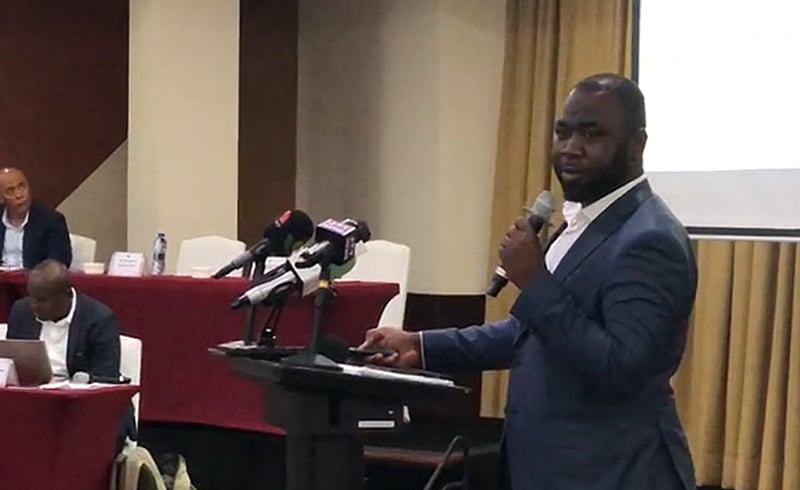The Northern Electricity Distribution Company (NEDCo), a vital electricity provider in Ghana’s northern regions, has submitted a proposal to the Public Utilities Regulatory Commission (PURC) requesting a substantial increase in its Distribution Service Charge (DSC). The proposed adjustment seeks to raise the DSC from the current 56.474 pesewas per kilowatt-hour to 153.03 pesewas by 2025, representing a dramatic 174% increase. This request comes amidst similar tariff proposals submitted by other major Ghanaian utility companies, including the Electricity Company of Ghana (ECG), the Volta River Authority (VRA), and the Ghana Grid Company (GRIDCo), signaling a potential widespread increase in electricity costs for consumers. NEDCo’s proposal has sparked significant debate, highlighting the complex interplay between the financial sustainability of utility companies and the affordability of essential services for the public.
NEDCo’s justification for the steep tariff increase centers around its unique operational challenges, primarily stemming from its vast but sparsely populated service area. This demographic reality translates into a lower customer base and consequently, lower revenue generation compared to other electricity distributors. The company points out that a mere 0.01% of its customers are on special load tariffs, which typically provide higher revenue streams. This limited access to high-paying customers restricts NEDCo’s ability to offset its operational costs and invest in necessary infrastructure upgrades. The company’s cost structure further emphasizes the need for a tariff hike. While variable costs are projected at 67.10 pesewas per unit in 2025, fixed costs are anticipated to reach 85.92 pesewas per unit, necessitating the proposed 153.03 pesewas tariff to cover both.
A significant portion of NEDCo’s planned capital expenditure is allocated to crucial infrastructure improvements, including network expansion, meter installations, and upgrades to its IT systems. These investments are largely dependent on foreign exchange, which has become increasingly volatile and expensive, placing an additional financial strain on the company. The depreciating Ghanaian cedi against major international currencies has inflated the cost of imported materials and equipment, further justifying the need for a substantial tariff adjustment to cover these escalating expenses and ensure the long-term viability of the company’s operations.
During a public hearing held by the PURC in Accra on September 9th, 2024, NEDCo officials defended their proposal, emphasizing the anticipated positive impact on the company’s efficiency and service delivery. Hashim Iddrisu, NEDCo’s Director of Commercial, argued that the increased tariff would not only improve their financial position but also enhance their operational capabilities. The company projects that the new tariff structure will boost its collection rate and significantly reduce distribution losses from the current 31% to 21%. These improvements are expected to strengthen NEDCo’s financial stability and enable it to invest in infrastructure upgrades, leading to better service quality and reliability for its customers.
The proposed tariff increase, if approved by the PURC, would represent one of the most significant adjustments in recent years, potentially impacting millions of consumers in northern Ghana. This has ignited a public discourse on the delicate balance between ensuring the financial viability of utility companies and protecting consumers from exorbitant electricity costs. Critics argue that such a steep increase could disproportionately affect low-income households and businesses, hindering economic activity and exacerbating existing inequalities. They advocate for exploring alternative solutions, such as government subsidies or more efficient cost-management strategies, to mitigate the impact on consumers.
The PURC faces a challenging decision, weighing the competing interests of the utility company and its customers. The regulator must carefully analyze NEDCo’s financial projections and operational challenges to determine the justification for the proposed increase. It must also consider the potential socio-economic consequences of such a substantial tariff hike on consumers and explore measures to mitigate any adverse impacts. The PURC’s final decision will have significant implications for both the future of NEDCo and the affordability of electricity for consumers in northern Ghana.














